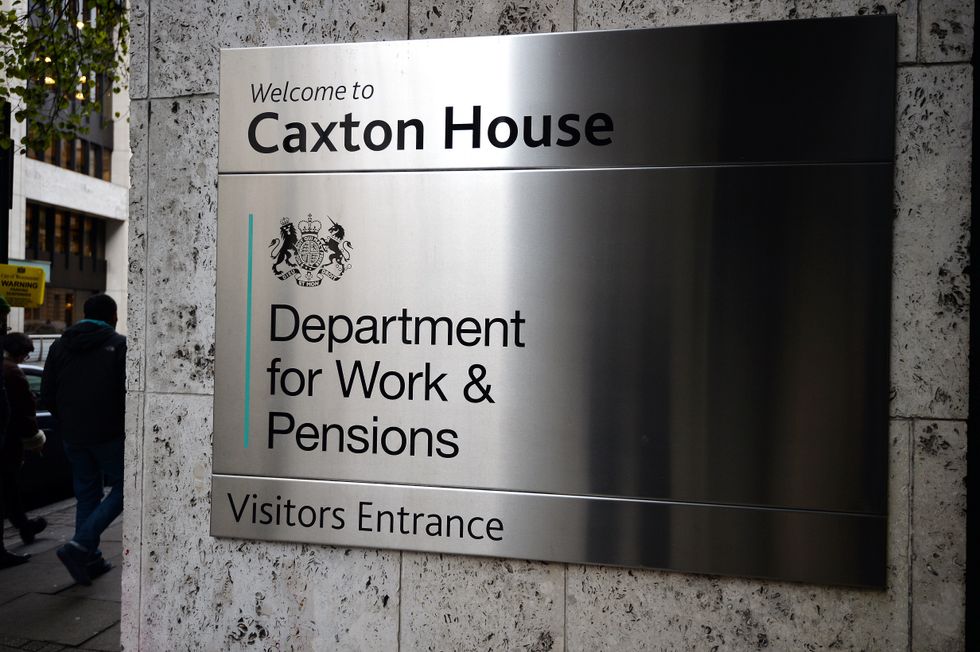Millions of people receiving state pension, Universal Credit and other benefits will see changes to their payment dates over the Christmas and New Year period.
The changes come as families continue to face pressures from the ongoing cost-of-living crisis and soaring energy bills.
Those due to be paid on a Bank Holiday can expect to see the cash land in their bank account earlier than expected.
They should receive the money the first working day before they were expecting to have been paid.

Those due to be paid on a Bank Holiday can expect to see the cash land in their bank account earlier than expected
GETTY
Those expecting payments on December 25, 26 or 27 will receive their money on December 24.
That is because the last working day before the holidays is Tuesday, December 24.
Payments due on New Year’s Day will be made on December 31, also because the last working day before the New Year is Tuesday, December 31.
It is also worth noting that the amount one is paid will not be changed.
The Department for Work and Pensions said a total of 11 benefits will be impacted by the change. They are as follows:
- Attendance allowance
- Carer’s allowance
- Disability living allowance
- Income support
- Jobseekers allowance
- Pension credit
- Personal independence payments (PIP)
- State pension
- Universal Credit
- Child benefit (paid by HMRC)
- Tax credits (paid by HMRC)
The Government website explains: “Benefits are usually paid straight into your bank, building society or credit union account. If your payment date is on a weekend or a bank holiday you’ll usually be paid on the working day before.”
Christmas Day and Boxing Day are classed as bank holidays across Scotland, England and Wales.
New Year’s Day is a bank holiday in all three nations, while January 2 is recognised as a bank holiday in Scotland only.
Child Benefit payments will not be affected by the festive schedule changes, as these are only issued on Mondays and Tuesdays.
Universal Credit and other benefits are set to increase by 1.7 per cent next year, in line with September’s inflation figures.
For a single person aged 25 or over, Universal Credit will rise from £393.45 to £400.14 per month, an increase of £6.69. Those with limited capability for work will see their payments increase from £809.64 to £823.41 monthly.
Single parents aged 25+ with one child born after April 6, 2017, will receive £692.95 instead of £681.37.
Couples where at least one adult is 25+ with two children born after April 6, 2017, will see their payments rise from £1,193.44 to £1,213.72 monthly.